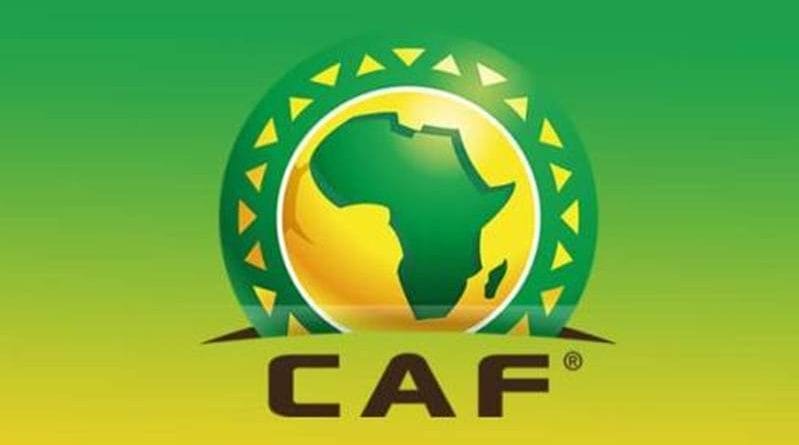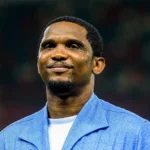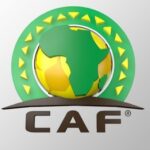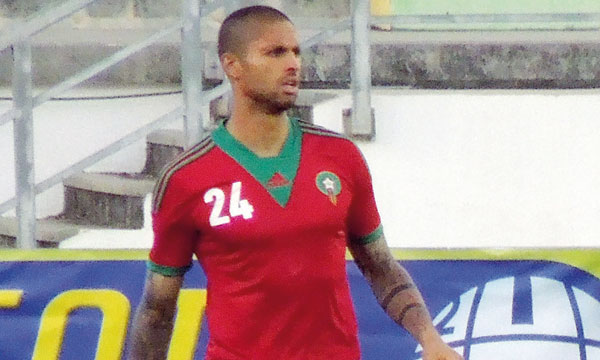The Confédération Africaine de Football (CAF) is facing mounting legal challenges ahead of its March 2025 Executive Committee elections, as three disqualified officials have taken their cases to the Court of Arbitration for Sport (CAS), seeking to overturn their exclusions.
Among those contesting CAF’s decision are Cameroon FA president Samuel Eto’o, Jean-Guy Blaise Mayolas of Congo, and former Botswana FA chief MacLean Letshwiti, all of whom were deemed ineligible by CAF’s governance and ethics committee.
The trio has filed separate appeals with CAS, arguing that their exclusions are not right and designed to manipulate the election process.
“We have serious concerns about the transparency of these elections,” said a source close to one of the excluded candidates.
“The governance committee has acted unfairly, and we believe CAS will rectify this.”
Why Were They Disqualified?
CAF cited ethical breaches and governance violations as the reasons for the officials’ disqualification.
Samuel Eto’o was ruled ineligible due to his partnership with betting company 1xBet, which violates FIFA’s ethics guidelines. He was also convicted of tax fraud in Spain in 2022, receiving a 22-month suspended prison sentence.
Jean-Guy Blaise Mayolas was banned by FIFA for six months in 2015, a ruling that CAF argued disqualifies him from holding a position within the governing body.
MacLean Letshwiti, the former president of the Botswana FA, was excluded because he failed to secure an endorsement from his own federation—a requirement for election eligibility.
These exclusions, however, have raised concerns over selective enforcement.
Allegations that some officials with past controversies have been allowed to contest has led to accusations that CAF is using the governance rules to control who enters the elections but the allegations have not been backed with names of those included in the list.
This has been exacerbated by the fact that CAF has not officially released the list of approved contestants sparking concerns about favouritism in drawing up the final list.
“CAF is applying the rules inconsistently. Some candidates with similar issues have been cleared, while others have been blocked,” said a football governance analyst.
CAS Orders CAF to Respond
CAS has officially acknowledged the complaints and has requested a response from CAF regarding the disqualifications. Reports suggest that if CAS rules in favour of the banned officials, CAF may be forced to revise the final candidate list or even delay the elections.
Journalist Mohamed Said, who has closely followed the case, revealed that CAF received an official letter from CAS demanding clarification on the exclusions.
“CAF will have to justify why these candidates were banned while others were cleared,” Said reported. “If CAS finds inconsistencies, there could be major consequences.”
This legal battle has created a cloud of uncertainty around the elections, with fears that the final list of candidates could change even at the last minute.
Internal Politics and Power Struggles
The controversy is also exposing internal power struggles within CAF. Seidou Mbombo Njoya, the current CAF Vice President, is also at risk of losing his position after the Cameroon FA endorsed Eto’o instead of him.
Similarly, in Botswana, the new FA leadership refused to endorse Letshwiti, blocking his candidacy.
These developments suggest that CAF’s governance structure is undergoing significant shifts, with former influential figures losing their grip.
“These elections are more than just about governance—they are a battle for power and influence in African football,” said a CAF insider.
What Happens Next?
CAF’s response to CAS will determine the next steps. If the appeals are upheld, Eto’o, Mayolas, and Letshwiti could be reinstated, forcing CAF to adjust the election process.
However, if CAS dismisses their cases, their bans will stand, and CAF will proceed with the elections as planned.
With the elections just weeks away, the battle between CAF’s leadership and the excluded officials is shaping up to be one of the most significant governance disputes in recent African football history.
For now, all eyes are on CAS’s final ruling, which could reshape the landscape of African football’s governing body.











